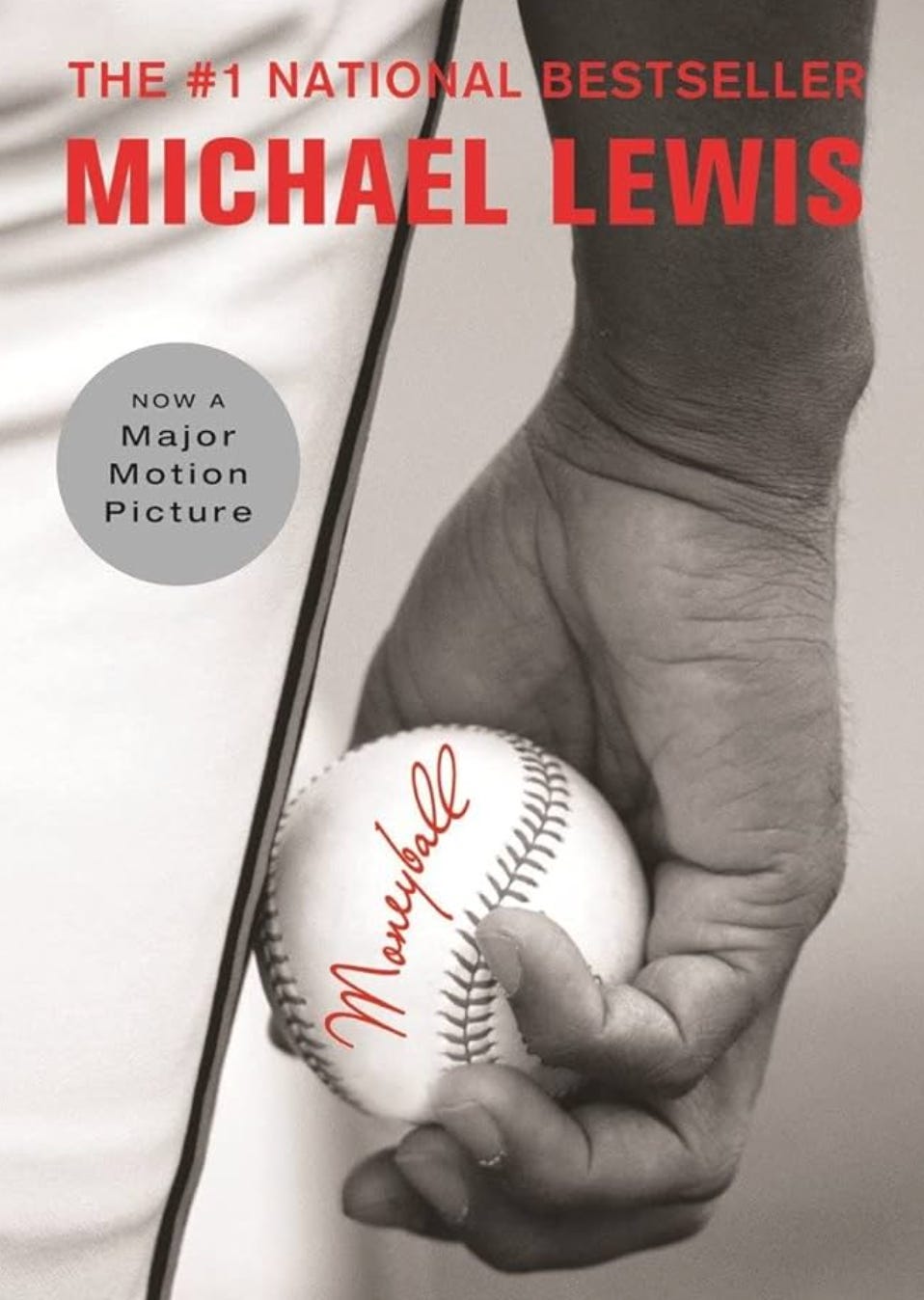Fiction vs. Nonfiction: Volume III-Theme Wars
How does theme come into play differently with Fiction and Nonfiction?
Short version:
Nonfiction authors tend to put theme first. Fiction authors tend to put theme second. ⬇️
Medium version:
In grade school, you may have been given a theme to write on. And even if you didn’t, you might remember the scene from A Christmas Story where Ralphie’s class is given a theme assignment by their teacher.
But don’t worry, this post won’t shoot yer eye out, kid.
When it comes to theme, I find vastly different approaches for Nonfiction and Fiction authors—with different results:
Nonfiction authors tend to put theme first.
Fiction authors tend to put theme second.
Let’s start with Fiction…
Fiction authors should put Theme second to Story.
Stephen King addresses theme directly in his book On Writing: A Memoir of the Craft. To paraphrase, he advises fiction writers to write their first drafts without concrete themes in mind. Then, when revising, identify the themes which naturally emerge and look for ways to make them more pronounced throughout.
His argument is this is a more natural progression which puts story first and keeps the book from becoming preachy. And he’s write. I mean, right.
When books/movies put theme first, it tends to be heavy-handed and you can feel that the story was molded around the theme, not the other way around.
If you’re struggling to know the difference between story/genre/theme, I always like to use the Pixar movie Wall-E as an example:
Genre: Love story.
Story: A lonely garbage robot teams up with a plant-finding robot to bring people back to earth.
Theme: Environmentalism. (Let’s treat the earth better, okay?)
But why then should Nonfiction authors put theme first?
Simply put, because nonfiction titles are largely about solving a problem of some kind. This is true for business nonfiction and memoir.
A memoir without theme will end up a meandering mess of life stories without any coherent message. It will end up helping no one.
A business book without theme will simply fail to connect with an audience because no one will feel like it’s for them. You can’t have a book that’s leadership/workplace culture/how to scale/how to innovate/how to start your own business all at once. While some themes can overlap, you still need a primary message which can branch off into two or three supporting themes.
Can there be exceptions? Sure. But they are exceptions. Instead of assuming you’re the exception, assume you should follow the rule. Let the exception be revealed to you through the process or by working with a book coach or editor.
Let’s use Michael Lewis’s Moneyball as an example. (Excellent book and film.)
Genre: Business memoir
Theme: Data is powerful. Use your data.
Story: The Oakland A’s reinvent professional baseball recruiting by prioritizing data over traditional methods.
Mug of the Month
Got a burning question about book writing? Then book a free 20-minute Q&A.
Did this help you? If so, share this with someone you know via the handy little button below.
And if you want even more content like this, you can subscribe and view the additional paid content below!
Automate your savings (and help support this newsletter) by signing up for the Acorns app. Oh yeah, and get a $5 thank you gift from them when you do.






